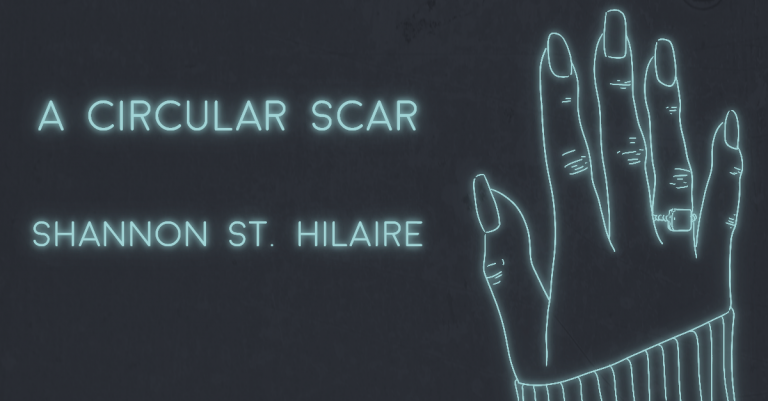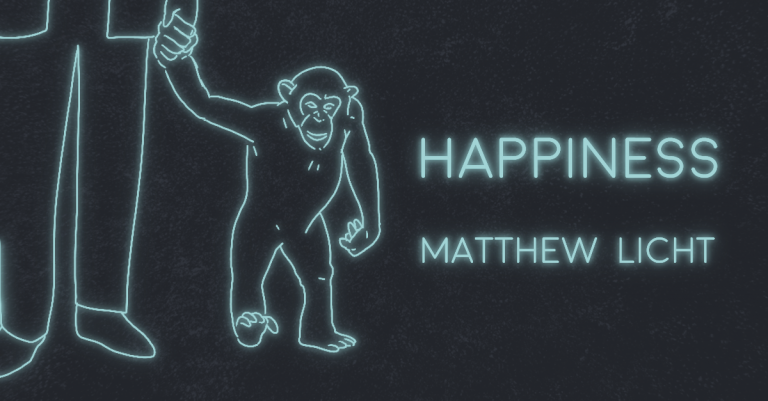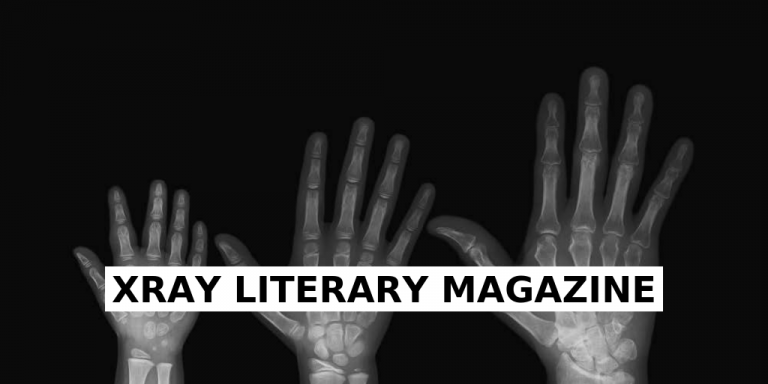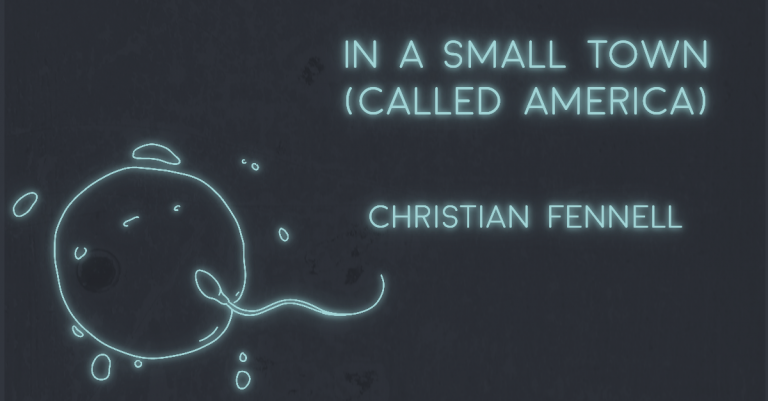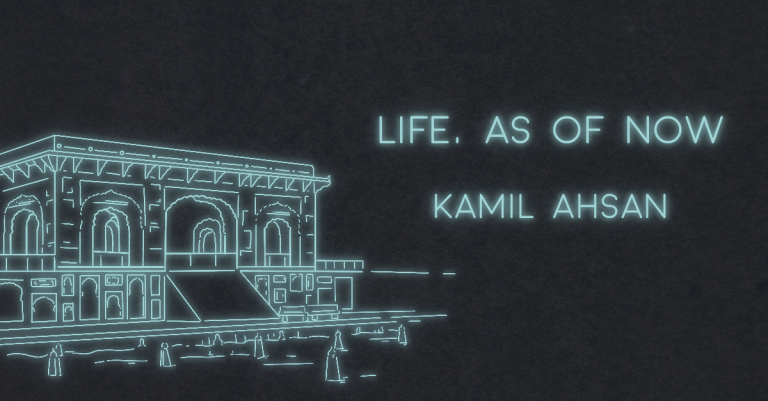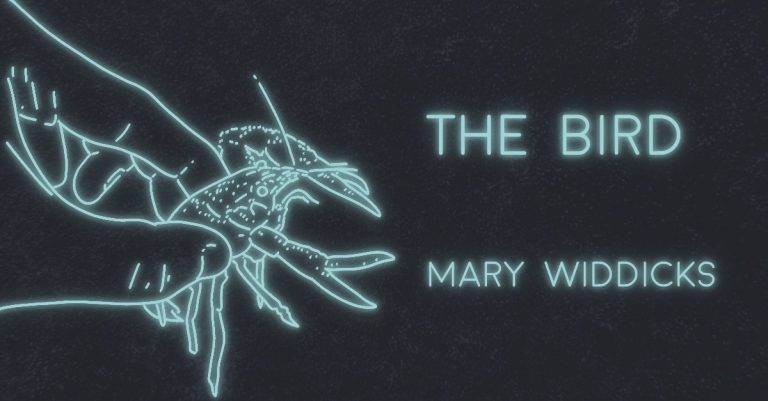
THE BIRD by Mary Widdicks
There’s mud between my toes. Slimy, sticky, and covering the chipped pink polish that now decorates only the tips of my big toenails. It’ll be gone the next time Mom cuts them. The ground is hot even though the sun is starting to duck behind the trees, and I can’t stand still for very long or it burns the bottoms of my feet. I hop from grass patch to molehill along the side of the road, avoiding gravel and broken glass like a game of hopscotch, and trying desperately not to spill the water from the bucket dangling from my right hand.
Slosh.
Hop.
Splash.
The air still smells like clamshells on the creekbank even though I can see my house waiting on the other side of the street. It has a covered porch on the second floor, which people say is fancy, though I’ve never been out there. Mom says it’s not safe, and the window has been locked for as long as I can remember. There’s a long stretch of sunbaked asphalt to tiptoe across to get home. Pinched in my other hand are my favorite boots, hot and damp and dripping silt. The boots are green rubber and look like frogs with two big yellow eyes that gaze up at me from the toes. They’re two sizes too small and give me blisters now, but I don’t care.
They’re lucky.
I set the bucket on the grass beside me. More like a pail. The kind you build sandcastles with at the beach. I peer inside.
Crawdads.
Piled in the bottom of the bucket, the little river lobsters squirm on top of each other. A wriggling tower of shells and pinchers tangle up with antennae and spider-legs. The alien creatures roll onto their backs and curl inward, as if they’re afraid to touch the plastic sides. Their whole lives have been spent hiding beneath rocks and traversing the gentle rapids of the creek. The water is murky with sand and fear, the metallic tang of desperation rises from the sloshing water.
I plunge my free hand into the chilly water and pinch one of the wriggling creatures between my thumb and forefinger, careful to keep my flesh clear of the flailing claws. The remaining crawdads clack against the bucket as they test the limitations of their new surroundings. Plucked from the only home they’ve ever known, these creatures waste no time in mourning. The static death of plastic must feel like another world, and the natives are getting restless.
I lift the hefty crawdad in front of my face. Ruddy brown eyes stare through me as if my nose isn’t poised inches from its sharp snout. The crawdad stretches its legs to the side, reaching and hoping for anything it can use to escape. One antenna tickles the back of my wrist. Goosebumps rise up along my tanned arms and I grip the hard shell harder, just in case. The boots in my other hand dangle heavily against my thigh and I drop them to the ground without breaking the crawdads beady gaze.
The crawdad in my hand writhes and I flip it onto its back, a little trick I learned from my cousin a few summers ago. In contrast to the dark mahogany shell along its back, the underbelly of the crawdad was pallid and speckled with tiny orange and black orbs. Dozens of them, mashed together and protected by the scooping tail shell that was now resting against my palm. Eggs. This crawdad was about to be a mother.
I curl my toes into the soft grass and bite my cheek. The sun has dipped behind the trees along the creekbank, and it’s starting to get dark. The light shining through is sherbet orange instead of golden yellow, and the little ginger eggs glow translucent. My stomach rumbles. There isn’t time to take her home. Not today. Cars whiz past on the road ahead and I ease the pregnant crawdad back into the bucket. The others pile on top of her and within seconds it’s impossible to distinguish claw from leg. My toes start to twitch. I tip out my lucky boots and water pours onto the grass beside my feet. Maybe I’ll take my chances on the hot blacktop. I crouch to scoop up the bucket and that’s when I see it.
A few steps away, half buried in a pothole, a mass of black feathers and dirt is crumpled in a heap on the road. A single feather sticks straight up from the center like someone planted a flag. The crawdads clack against the side of the bucket as I drag it behind me. One step. My wet toes sizzle against the ground. At first the thing looks like a pile of leaves or dirt, but soon my eyes make out the shape of a large, black bird. A sharp rock jabs between my toes and tears cloud my eyes. Is he still moving?
When I’m close enough I could reach out and touch the broken wing, I stop. I let the bucket fall from my hand. Water splashes onto my feet and seeps into the ground as the pile of crawdads wriggles free. They’ll be fine, I tell myself. Mud drips from my toes, and I fall to my knees on the verge of the street. I’m close enough to touch the crumpled mess. The long flight feathers of one wing are bent toward the sky and twitching with the wind from each passing car. Someone honks as they pass. I examine the bird. A starling. They’re easy to spot from the metallic rainbow of colors shining from their slick black heads, like oil spills leaking across parking lots.
He’s been hit by a car. The back half of his body spread thin like playdoh, his skinny legs bent until they look almost like the Crawdads. I wonder if he suffered, how long he’s been plastered here. Sadness rises up from my stomach and sticks in my throat like a bubble. Everyone hates starlings, but I always thought they were pretty. Some of his feathers are still whole and unbroken. His black eyes are staring up at the sky. I set my boots down and reach my hand toward one of the long, sleek, tail feathers.
Then he blinks.
His head rises from the ground and the twisted wing flaps pointlessly in the air.
I jump to my feet. His legs and body have glued him to the ground and no matter how hard he struggles, he’ll never leave that place.
The bubble in my throat bursts and a sob escapes. The sound shocks the bird as much as me. We both freeze. His eye fixes on me. I look around for someone to call, but there’s no one. Who would help him anyway? Birds die every day. It’s nature.
But not this way.
Not slow and painful and pointless.
I want to help.
Beside me the eyes of my frog boots glare up at me. Calling me weak. Stupid. They know what needs to be done. I slip one foot into the wet boot. It’s cold and gritty inside. I step closer to the bird and he flaps again. My face is hot and then cold and it’s not until I reach a hand to my cheek that I realize I’m crying. Someone has to do it. I can’t leave him this way.
I’m standing over him now. His wing pointed at me like a finger. I raise my foot high. Probably too high, because I tip off balance as I bring the heel of my boot down toward his head. The force of the impact vibrates up my leg and into my hip. It hurts. Like a shock from an electric fence. But I missed. The bird’s beak scrapes against the road but he’s still moving. More frantic now. The last of his life energy fighting to stay alive when really he’s already dead. He just doesn’t know it yet.
My chest burns and my stomach heaves. I want to leave. I want to run home and forget I ever saw him. In that moment I hate him. But I’ve made it worse now. Half snapped, his wing still flails and I know he’s hurting. I sniff hard and snot leaks down my throat. I close my eyes and bring my heel down again. This time I know I’ve done it. There’s a loud popping sound like those little firecrackers you throw at the sidewalk.
And then nothing.
I can’t even look. I slip my foot from the boot and leave it where it falls. My knees crunch against gravel as I ease back onto my ankles in the ditch. Hands shaking in my lap I count the cars that pass, so close I can feel the wind dragging me along behind them. One. Two. Three. Beside me a rustling pulls my attention back toward the bird. The crawdads sharp legs scrape the asphalt as they test this new environment. Within moments, they gain confidence. One reaches a claw toward the bird and grips the one protruding feather still pointing toward the dusky sky.
Crack.
The feather snaps between the pincers, and I scramble to my feet. Crawdads don’t scavenge dead birds. It isn’t right. My stomach turns and I wish I’d never seen the bird, wish I’d never tipped out the bucket and introduced these creatures to the cruelty of human nature. Another car honks and I and there’s no time for mourning. I turn my back to the boots and the bird and the bucket and I walk home. The ground cooks my feet, but I don’t care anymore. I’ll never go back.
No more lucky boots.
No more hopping.
No more dancing.

